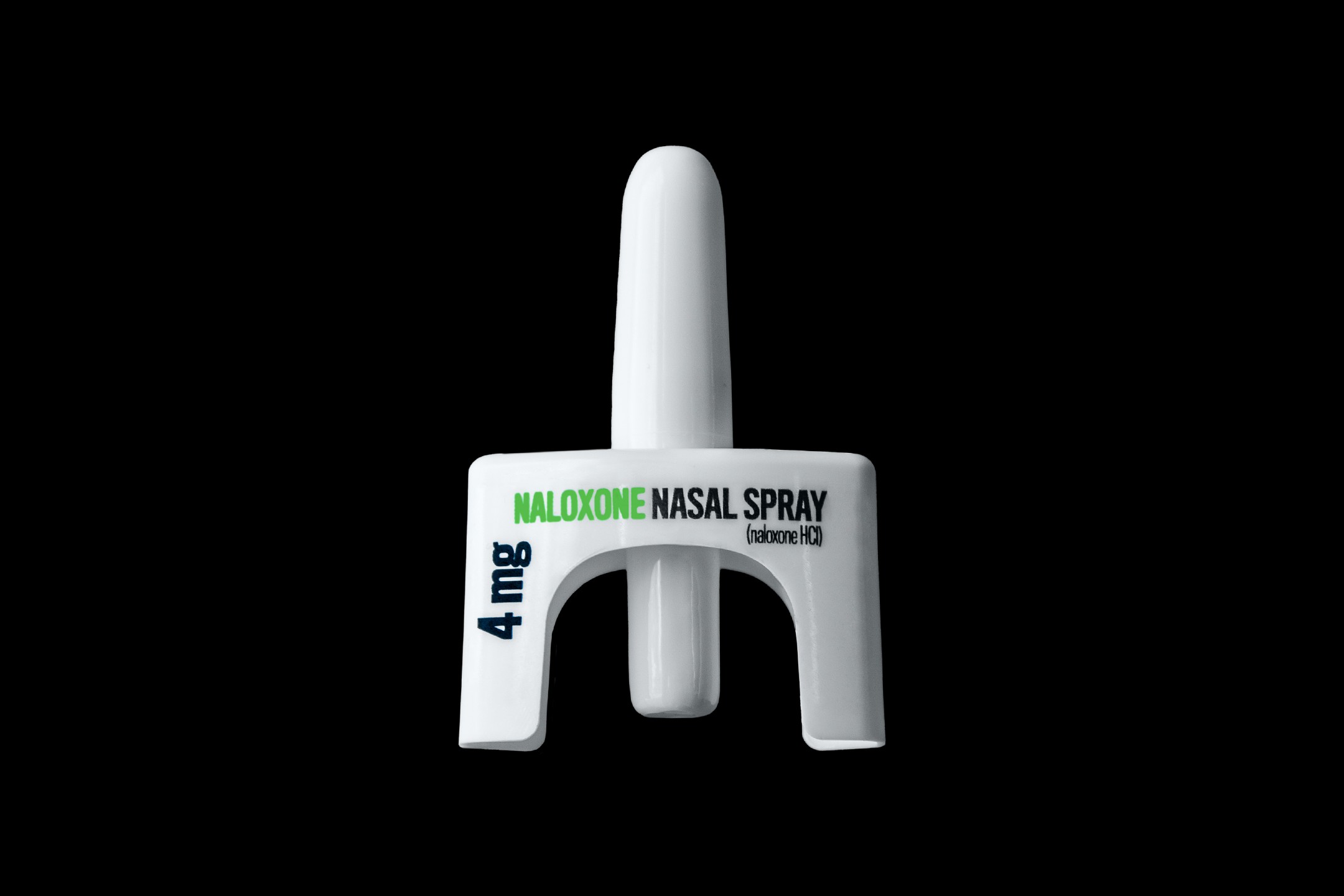The District advanced several new tools and strategies in recent months to address the city’s opioid epidemic, starting with the inaugural meeting of the District’s Opioid Abatement Advisory Commission on October 25. The commission is charged with formulating recommendations for the Mayor and Council of the District of Columbia and for ensuring that the settlement funds the District will receive and expend have the effect of preventing, treating, and reducing opioid use disorder and co-occurring substance use and mental health disorders and reducing fatalities.
The following week, Mayor Bowser and the Department of Behavioral Health (DBH) cut the ribbon to open the District’s first-ever stabilization center. Located at 35 K Street NE, the DC Stabilization Center is open all day, every day to provide crisis substance use disorder (SUD) services free of charge to individuals who are 18 years and older, and to connect them to ongoing SUD treatment at DBH-certified provider locations across the city.
Finally, on November 13, Mayor Bowser declared a public emergency on the opioid crisis. The order directs several District agencies to use a shared data tracking system to provide a more complete picture of opioid-related fatal and suspected non-fatal overdoses as they occur, facilitating the targeted deployment of outreach teams and harm reduction services. To help District agencies respond to the public emergency, the order also authorizes expedited procurement and mutual aid agreements with other jurisdictions as appropriate. These actions complement the ongoing public-private collaboration to implement LIVE. LONG. DC., the District’s comprehensive plan to fight opioid use, misuse, and related deaths.
Opioids misuse is an alarming problem not only in the District but also in communities nationwide, raising mortality rates, straining healthcare systems, and impacting families. Between 2018 and 2022, fatal overdoses related to opioids in the District more than doubled, rising from 213 to 461 lives lost. The potent synthetic opioid fentanyl and its analogs are now linked to 98% of the city’s overdose deaths. Notably, the burden of opioid deaths in the District is disproportionately borne by Black men and residents of Wards 5, 7, and 8, underscoring the health equity concerns associated with this public health crisis.
Integrated Care DC helps providers build capacity to identify and treat SUDs, including opioid use disorders, as part of an integrated approach to primary, behavioral health, and specialty care. Contact us or check out these resources from our Learning Library:

